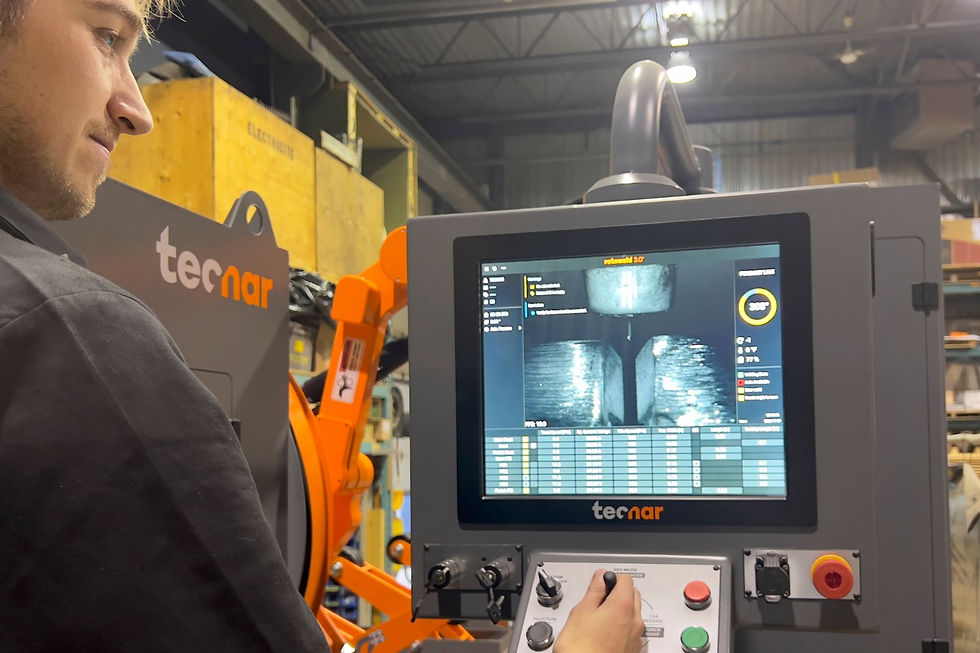Are Automated Pipe Welding Machines Displacing Welders?
- George Ficken

- Jan 15, 2024
- 2 min read

As we see the advancement of automated pipe welding machines, it is a fair question to wonder 'are we displacing welders by adopting these technologies'. In this short article we explore this topic in the hopes to shed some light on this idea.
Automated pipe welding machines have witnessed increased adoption across industries, driven by advancements in technology and the pursuit of improved efficiency. These machines offer several advantages, including higher precision, faster production rates, and reduced labor costs. As a result, some aspects of traditional manual welding processes are being automated to enhance overall productivity and competitiveness.
While the rise of automated pipe welding machines has transformed certain aspects of the welding industry, it is essential to note that this doesn't necessarily equate to the displacement of welders. Skilled welders are still indispensable for various tasks, including the setup, monitoring, and maintenance of these automated systems. Human expertise becomes particularly crucial in handling complex or non-standard projects that may require a level of adaptability and problem-solving beyond the capabilities of automated machines.
Moreover, the integration of automated welding technology often leads to a shift in the nature of work rather than outright job displacement. Welders may find themselves increasingly engaged in overseeing and optimizing automated processes, ensuring quality control, and addressing unforeseen challenges. In essence, the relationship between automated pipe welding machines and welders is one of collaboration, where technology complements human skills rather than rendering them obsolete. As industries continue to evolve, the coexistence of automated systems and skilled human workers remains integral to achieving optimal results in welding processes.
GSI Machinery sells and supports automated pipe welding machines in the Gulf region. We have considered the question: if by doing this would we be negatively impacting the labor market for our critical trades? Our conclusion is that we are not. We are committed to our mission statement to "Passionately Serve Those Who Maintain America's Critical Infrastructure". We feel that by providing these technologies we are working to keep to our manufacturing trades competitive so that they remain here at home and thus strengthen our critical infrastructure, benefiting those who work to maintain it. It is our belief that there may be a shift in this labor market and the tasks that welders are going to be doing may change but the demand for skilled welders will always remain.









